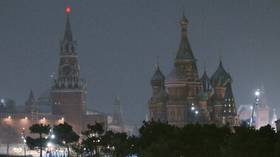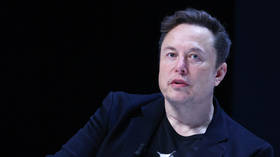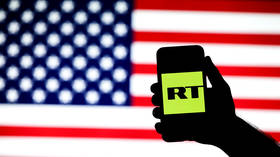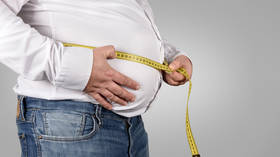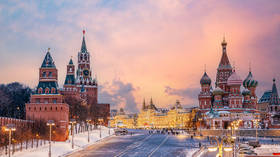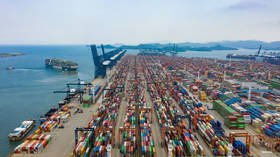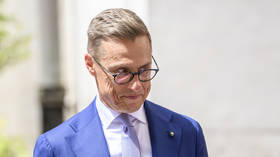Russian nuclear negotiator ‘enjoys’ working with Biden’s diplomats more than Trump’s, saying Iran atomic deal could now be close
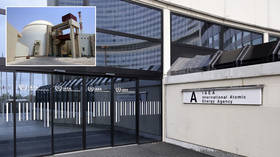
Despite tense relations between Washington and Moscow in recent months, Russia’s top Iran nuclear deal negotiator has said hopes for international talks have improved since President Joe Biden and his team took office in January.
In an interview with Moscow’s Kommersant daily, published over the weekend, Ambassador to the International Organizations in Vienna Mikhail Ulyanov said that significant progress had been made in recent weeks on a number of bilateral issues, including talks designed to restore the Iran nuclear deal. Known as the Joint Comprehensive Plan of Action (JCPOA), both Russia and the US were key signatories, along with China, Germany and the UK, until it was scrapped by the White House in 2016.
According to Ulyanov, negotiations to save the deal are close to concluding, saying “my impression is that we’ve covered 90% of the path.” However, he added, the remaining “10% contains a number of politically sensitive issues that can hold the process back.”
Also on rt.com Iran says it will ‘NEVER’ give nuclear site images to UN watchdog as monitoring deal expiresOne major issue, he argued, “is whether there can be a guarantee that this saga that unfolded under [former US president] Donald Trump’s presidency and brought disastrous results won’t happen again.” Trump’s decision to unilaterally withdraw from the deal was blamed for its collapse, and American sanctions against Tehran were reimposed shortly afterwards. In response, Iran stepped up its uranium enrichment program, sparking alarm among a number of other signatories and international observers.
He went on to reveal that “my colleagues and I enjoy working with the new US negotiators,” put in place since Biden entered the White House in January. “In the times of Donald Trump’s administration, we rarely had a proper conversation,” he added, saying: “I feel like now the US takes quite a pragmatic and overall balanced stance.”
“We do have significant differences on several issues, but in general they are demonstrating a business-like approach that paves the way to reaching agreements,” Ulyanov outlined. “I think that, in this case, such positive impression can be explained, first and foremost, by the unity of purpose – a collective aspiration to restore the nuclear deal.”
Negotiations over the future of the JCPOA have, however, hit a number of bumps in the road in recent weeks. US calls for Tehran to hand over images of a number of its nuclear sites to regulators from the International Atomic Energy Agency have been criticized by the speaker of Iran’s parliament. “The agreement has expired... any of the information recorded will never be given to the IAEA and the data and images will remain in the possession of Iran,” Mohammad Baqer Qalibaf said at the end of last month.
While technically outside the terms of the JCPOA, and regulated by a separate deal that expired that month, US Secretary of State Antony Blinken warned that Iran’s reluctance to cooperate with the IAEA could negatively affect the outcome of the ongoing talks.
If you like this story, share it with a friend!



